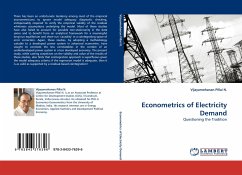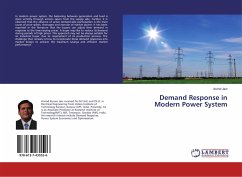There has been an unfortunate tendency among most of the empirical econometricians to ignore model adequacy diagnostic checking, indispensably required to verify the empirical validity of the residual whiteness assumptions underlying the model. Most of these studies have also failed to account for possible non-stationarity in the data series and to benefit from an analytical framework for a meaningful long-run equilibrium and short-run causality' in a cointegrating space of error correction. Again, these studies, by adopting a methodology suitable to a developed power system in advanced economies, have sought to correlate the less correlatables in the context of an underdeveloped power system in a less developed economy. The present study, while casting scepticism on the validity and value of the results of these studies, also finds that cointegration approach is superfluous given the model adequacy criteria; if the regression model is adequate, then it is as valid as supported by a residual-based cointegration!
Bitte wählen Sie Ihr Anliegen aus.
Rechnungen
Retourenschein anfordern
Bestellstatus
Storno








